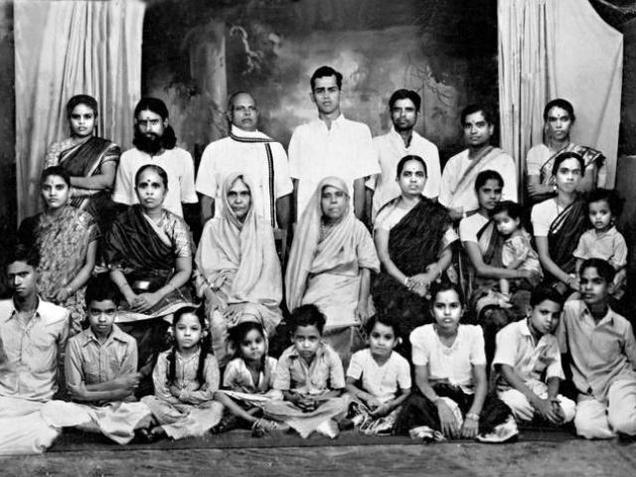Two years ago this week, M S Gopalakrishnan (MSG) who played Hindustani and Carnatic styles with ease on the violin passed away . In a musical world where violinists aspired to be the perfect human voice, MSG stayed within the `gayaki’ framework but gave it a uniquely violin touch – only a violin could unleash what he did. What characterized his playing was the totally relaxed manner built into his very approach, be it the rendering of the song, the alapana or the swara answers. And all of this would come with a disarming smile.
At The Music Academy in 1968, Balamuralikrishna had taken up Hindolam (Manasuloni Mar mamulu) to mesmerize the audience with a non-repetitive all-encompassing swara sequences that would end at the note of madhyamam (ma).MSG, who was the accompanying violinist, enhanced his stature on that day by staying at the “ma” all the while during all the rounds which must have put Balamurali in familiar territory throughout. MSG later unleashed his potential during his turn.
MSG combined famously with other instrumentalists – Ramani on the flute and TV Gopalakrishnan on the mridangam. MSG’s rendering of the Saveri varnam in two speeds is a landmark. The first speed has a caressing effect whereas the second is marked by clarity of notes.
MSG started on the violin when he was five and his first recording was the krithi `ManavyalaKinChara Thate’. He owes this and all other things to his father Parur Sundaram Iyer – innova tor of the Parur style of violin playing.
When he received the Sangeetha Kalanidhi award in 1998, he said that he attributed any award, including this, to the long hours (sometimes even 15 to 16 hours a day) of practice he put in. He also insisted that the first step in becoming an instrumentalist is learning vocal music, while fielding questions in an interactive session held in 2009.
Experts on the violin were more than amazed by the use of staccato and legato phrases he produced. The former came with exceptional sound quality and the latter was produced with deft fingering. Many violinists have, consciously and unconsciously, followed MSG’s playing style so much that it has come to stay as a style (bhani) in its own right, though it is still inscrutable to some.
When he toured the world (North America, Western Europe and Britain, Singapore, Malaysia, Hong Kong and South Africa), his audiences were left wondering how he was able to achieve the perfection that seemed to come to him so naturally . MSG is survived by his wife, two daughters and a son. His daughter M Narmadha is a front-ranking violinist.
source: http://www.timesofindia.indiatimes.com / The Times of India / News Home> City> Chennai / January 06th, 2016
